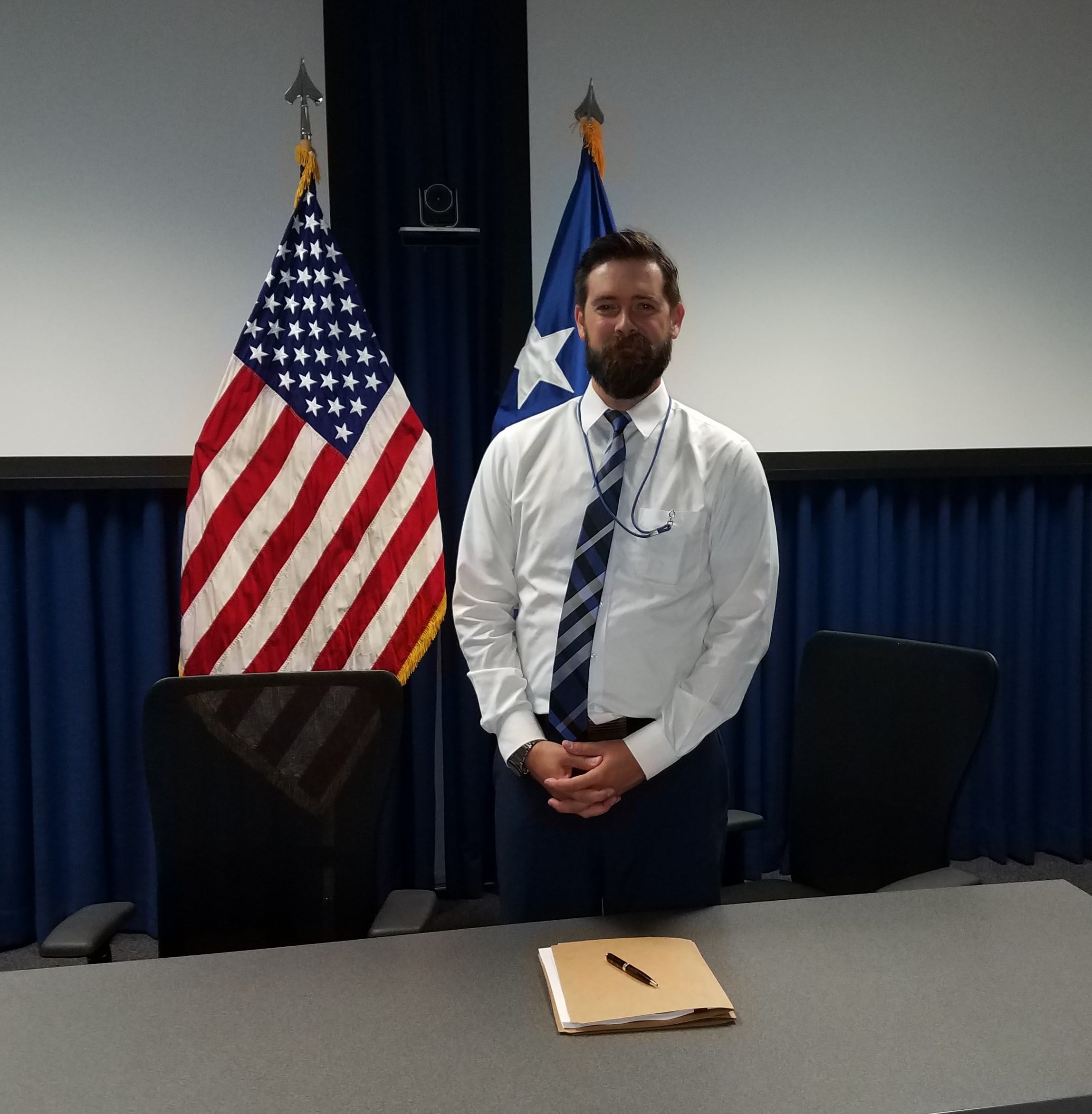A $24 million dollar order of two refrigerators produced by Boeing and intended for operation on Air Force One was canceled by the Air Force and the White House Military Office.
The cancellation was announced on Monday in a statement by Rep. Joe Courtney, the ranking member of the House Armed Services Subcommittee on Seapower and Projection Forces, according to CNN. The cancellation was later confirmed by an Air Force spokesperson.
The order was created in December, when the Air Force ordered replacements from Boeing for two of the five refrigeration units aboard President Donald Trump’s presidential jet.
In January, Air Force spokeswoman Ann Stefanek told CNN that “although serviced on a regular basis, reliability has decreased with failures increasing, especially in hot/humid environments. The units are unable to effectively support mission requirements for food storage.”
The current units aboard Air Force One have been in use since 1990, and were part of the original equipment that was included with the delivery of the current jet that was put into service that same year.

The refrigerators aboard Air Force One must be able to carry 3,000 meals in order to feed passengers and crew for up to four weeks in case of any emergency that prevents the plane from landing, according to a previous report in Air Force Times.
The high price tag of the refrigerator order was due to Air Force One’s presence as a unique aircraft. The components require unique testing by the Federal Aviation Administration, the cost of which was included in the $24 million price tag.
The contract was canceled due to the looming introduction of the new version of the presidential jet. The Air Force announced a deal to purchase two new aircraft from Boeing in 2017 that will serve as the future Air Force One under the next several presidents. The planes, two 747-8 jets, will begin transitioning to the Air Force One configuration in 2019, with initial operational capacity slated for 2024.
RELATED

According to CNN, Air Force Secretary Heather Wilson said “mitigation options exist to ensure food security” until the new planes become the presidential jet. However, Wilson also said that replacing the refrigerators will come under consideration again if there is any delay in the delivery of the new planes.
According to a 2016 Government Accountability Office report, the cost of replacing the current Air Force One planes would be $3.2 billion over 10 years. According to Fortune, Boeing and the White House reached an informal deal that would cap the cost at $3.9 billion.
Noah Nash is a rising senior at Kenyon College in Gambier, Ohio. At school, he is the editor in chief of the Collegian Magazine and the digital director of the Collegian, Kenyon's newspaper.




